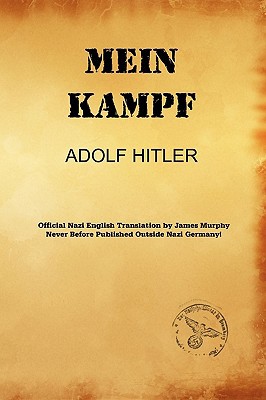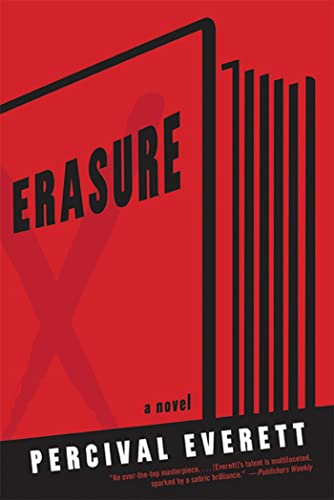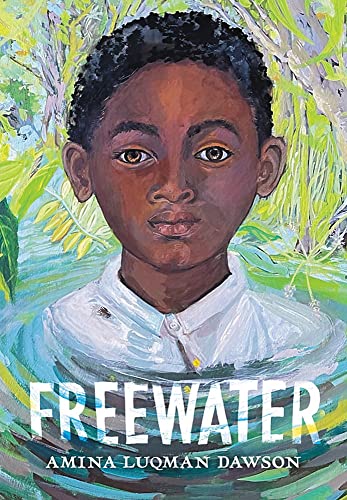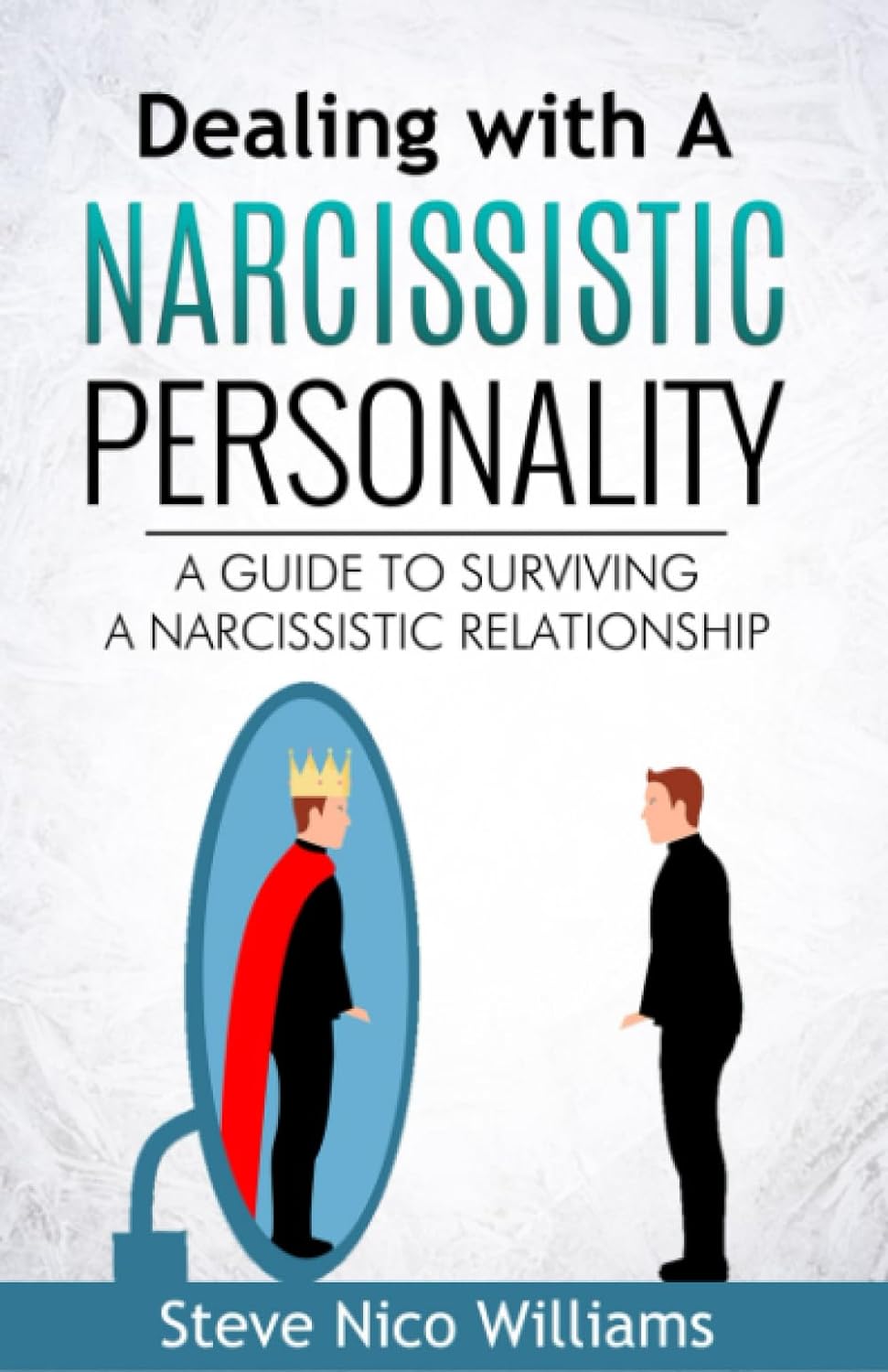“Mein Kampf,” Adolf Hitler’s infamous manifesto, has been a subject of intense scrutiny and controversy since its publication. The Nazi-authorized English translation by James Murphy adds another layer of complexity to this already contentious text. This article explores the history, themes, and impact of the James Murphy translation of “Mein Kampf,” delving into why it remains a significant, albeit controversial, piece of literature.
About the Translator: James Murphy
James Murphy was an Irish journalist and translator who initially showed interest in Nazi ideology. Commissioned to translate “Mein Kampf” in the 1930s, Murphy’s work became one of the most recognized English versions of the book. However, his views on the Nazi regime evolved, and he grew increasingly critical of its policies and propaganda. Murphy’s translation, while authorized by the Nazis, is often examined for potential biases and the complexities inherent in translating such a politically charged work.
Book Details
- Title: Mein Kampf (Nazi Authorized Translation)
- Author: Adolf Hitler
- Translator: James Murphy
- Original Publication Date: 1925 (Volume 1), 1926 (Volume 2)
- Translation Publication Date: First English edition published in 1939
- Publisher: Hurst and Blackett, Ltd.
Themes of “Mein Kampf”
“Mein Kampf” encompasses several themes central to Hitler’s ideology and the Nazi movement:
- Anti-Semitism: The text is notorious for its virulent anti-Semitic rhetoric, which laid the groundwork for the Holocaust.
- Aryan Superiority: Hitler expounds on his belief in the superiority of the Aryan race and the need for racial purity.
- Lebensraum: The concept of Lebensraum, or living space, is a recurring theme, advocating for German territorial expansion.
- Autobiographical Elements: Part of the book is autobiographical, detailing Hitler’s early life, his experiences in Vienna, and his participation in World War I.
- Political Ideology: The book outlines the principles of National Socialism and Hitler’s vision for Germany’s future under Nazi rule.
Historical Context and Impact
“Mein Kampf” was written by Adolf Hitler during his imprisonment following the failed Beer Hall Putsch in 1923. The book is part autobiography and part political treatise, laying out Hitler’s ideology and plans for Germany. The James Murphy translation, commissioned in the 1930s, aimed to bring Hitler’s ideas to an English-speaking audience, reflecting the global reach of Nazi propaganda.
The impact of “Mein Kampf” has been profound and far-reaching. It provided a blueprint for the atrocities committed during the Holocaust and World War II. As such, it remains a powerful reminder of the dangers of totalitarian ideologies and hate speech. The book’s availability and distribution continue to be subjects of ethical debate, with many advocating for annotated editions that provide historical context and counterarguments.
Frequently Searched Questions About “Mein Kampf” (James Murphy Translation)
1. What is “Mein Kampf” about?
Answer: “Mein Kampf” is Adolf Hitler’s autobiographical manifesto. The book outlines his ideological framework, including his beliefs in Aryan racial superiority, anti-Semitism, and his vision for Germany’s future. It serves as a blueprint for Nazi ideology and propaganda, detailing his plans for expansion and the establishment of a totalitarian regime.
2. Who translated “Mein Kampf” into English?
Answer: The most well-known English translation of “Mein Kampf” was completed by James Murphy in the 1930s. Murphy, an Irish journalist, was initially sympathetic to Nazi ideals but later grew critical. His translation was authorized by the Nazis and aimed at providing the English-speaking world with an accurate rendition of Hitler’s work.
3. Why is “Mein Kampf” controversial?
Answer: “Mein Kampf” is controversial due to its promotion of hate speech, anti-Semitism, and Nazi ideology. The book served as a foundation for the Holocaust and other atrocities committed by the Nazi regime. Its availability and distribution are heavily debated, with many advocating for annotated editions that provide historical context and counteract its harmful messages.
Interesting Points About “Mein Kampf” (James Murphy Translation)
1. Translation Challenges: Translating “Mein Kampf” was no easy task. Murphy faced the challenge of accurately conveying Hitler’s complex and often convoluted language while navigating the ideological implications of the text. This makes his translation a subject of interest for scholars studying translation ethics and propaganda.
2. Historical Significance: The James Murphy translation is historically significant as it brought Hitler’s ideas to an English-speaking audience before World War II. Understanding this context is crucial for comprehending the global spread of Nazi propaganda.
3. Ethical Considerations: The publication and distribution of “Mein Kampf” continue to raise ethical questions. Many argue that the book should be available only in annotated versions that provide critical commentary and historical context to mitigate its potential to incite hate.
4. Educational Use: Despite its controversial nature, “Mein Kampf” is often used in academic settings to study the rise of totalitarian regimes, the mechanisms of propaganda, and the historical context of World War II and the Holocaust.
5. Murphy’s Perspective: James Murphy’s evolving perspective on the Nazi regime adds an interesting layer to his translation. Initially sympathetic to Nazi ideals, Murphy’s later criticism of the regime highlights the complex relationship between translators and the texts they work on.
6. Legal Restrictions: In many countries, the sale and distribution of “Mein Kampf” are heavily regulated. Annotated editions are often required to ensure that readers understand the historical context and the dangers of Nazi ideology.
Critical Reception
The James Murphy translation of “Mein Kampf” has been the subject of extensive analysis and critique. Scholars and historians examine Murphy’s choices and the translation’s impact on its English-speaking audience. While the translation brought Hitler’s ideas to a wider audience, it also faced criticism for its role in spreading Nazi propaganda.
Review Excerpts:
- “Murphy’s translation of ‘Mein Kampf’ provides an important historical document, albeit a deeply troubling one. It serves as a reminder of the pernicious power of propaganda.” – Historical Review Journal
- “The ethical implications of translating and publishing ‘Mein Kampf’ are profound. Murphy’s work is a testament to the complexities of translating ideologically charged texts.” – Translation Studies Quarterly
Conclusion
The James Murphy translation of “Mein Kampf” remains a significant yet controversial piece of literature. Its historical impact and the ethical considerations surrounding its publication and distribution make it a subject of ongoing debate. Understanding the themes and context of “Mein Kampf” is crucial for recognizing the dangers of totalitarian ideologies and the power of propaganda. While its content is abhorrent, the book serves as a stark reminder of history’s darkest chapters and the importance of vigilance against hate and extremism.






